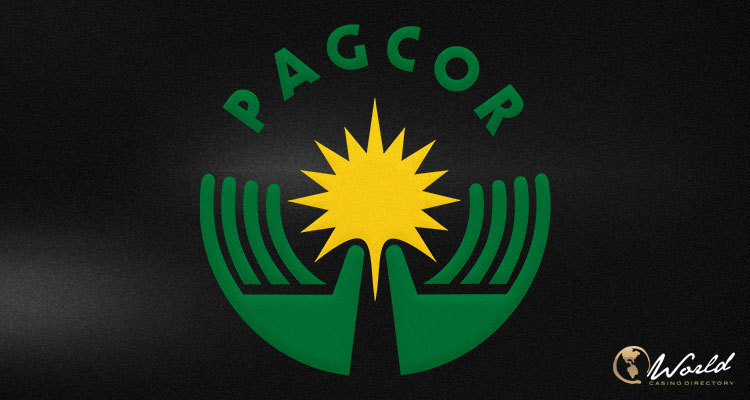
The Philippine Amusement and Gaming Corporation (PAGCOR) continues to ban offshore gaming clubs in order to establish safety and security in the country. After canceling the gaming license for CGC Technologies last week, PAGCOR decided to cancel the provisional accreditation of another offshore gaming hub, Sun Valley Clark in Clark Freeport.
Illegal activities:
Alejandro Tengco, the Chairman and CEO of Pagcor, commented on this, saying that Sun Valley isn’t a good candidate for issuing full accreditation in the Philippines. On top of that, its provisional accreditation will be canceled. Tengco said that the reason behind this decision is the company’s failure to keep up with the country’s laws and regulations related to offshore gaming.
An inter-agency search was conducted on May 4, followed by the rescue operation. This search was closely related to the recent events in CGC since the company was present in six buildings inside the hub, and PAGCOR approved only two of them.
Sun Valley was suspected of various criminal activities, such as scams related to cryptocurrency investments, illegal detention, and activities connected to human trafficking.
As PAGCOR states, the hub is the place where various offshore gaming operators and service providers are stated and includes services such as operations, logistics, administration, and support. Among other things, the hub houses office and residential spaces, as well as various food options, supermarkets and grocery stores, health, wellness, and recreational facilities, and many more various amenities.
PAGCOR is concerned:
Tengco is concerned about other offshore companies with business in the Philippines. He warned them not to get involved in any kind of criminal activity if they wanted to keep their licenses. He said: “This serves as a warning to all our offshore gaming licensees and accredited service providers that PAGCOR is serious in its mission to uphold responsible and regulated gaming in the country. While we see the potential of offshore gaming in terms of our revenue-generation efforts, we do not condone their involvement in any criminal activity that violates the rights – not only of Filipinos but of other nationalities as well.”
One more of Tengco’s concerns is the ordinary people who accept jobs in various offshore companies in the country. He wants foreigners to be more careful when picking a job so the risk of human trafficking is minimized.
He added: “PAGCOR would like to remind foreign nationals who are being offered attractive employment opportunities in the Philippines to check the credibility of the companies that they are applying to. By going the extra mile, they can protect themselves from possible scams and human trafficking activities.”
PAGCOR will keep fighting against crime in the Philippines, along with the Office of the President, National Bureau of Investigation, Department of Justice, Bureau of Immigration, Department of the Interior and Local Government, Philippine National Police, and other institutions, hoping that the Philippines will become a safe and secure country for all the residents, workers, and tourists.
The legal status of online casinos in India is complex and varies by state. While there is no federal law that explicitly addresses online gambling, the legality depends on state regulations and the type of gambling involved.
Key Points:
-
No National Law: India does not have a specific national law regulating online casinos. However, the Public Gambling Act of 1867 prohibits operating physical casinos and gambling houses, but it doesn't cover online platforms, leaving a legal grey area for online gambling.
-
State-Specific Laws: Some Indian states, like Goa, Sikkim, and Daman, have legalized land-based casinos, and others, such as Sikkim, have also licensed online gambling. Many states have banned gambling altogether, including online gambling.
-
Online Sports Betting: Betting on sports, particularly cricket, is very popular in India. However, it's only explicitly legal in some states like Sikkim and Nagaland, which have laws permitting online gaming and betting.
-
Legal Gray Area: Many international online casinos accept Indian players and operate legally under licenses from offshore jurisdictions (like Curacao or the UK Gambling Commission). As long as players are gambling on licensed platforms, the risk is minimal, but local authorities may still choose to regulate or restrict online gambling.
-
Cryptocurrency: Some Indian players prefer using cryptocurrencies (like Bitcoin) for online gambling, as it provides a layer of anonymity and security.
While online casinos aren't explicitly legal across all of India, many international casinos accept Indian players, and online gambling continues to grow in popularity. Players should ensure they use licensed platforms and understand local laws before engaging in online gaming.






Leave a Reply
You must be logged in to post a comment.